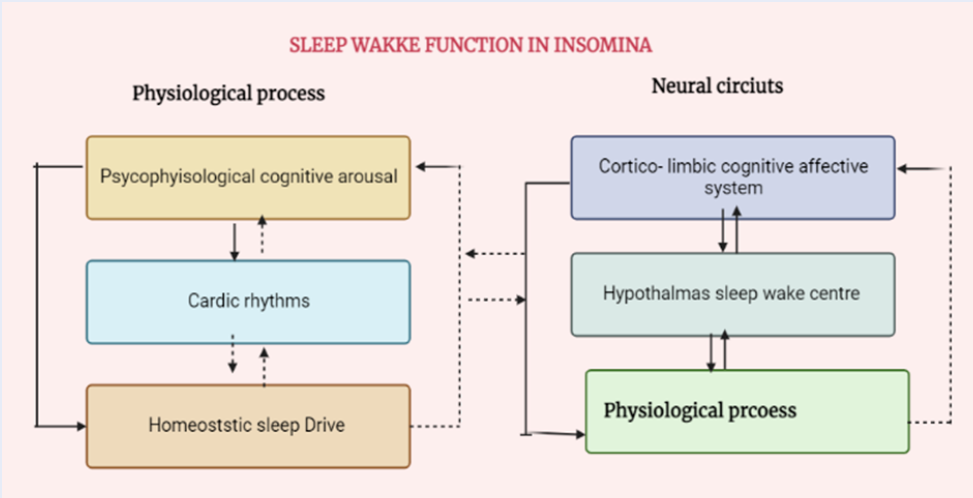Insomnia: Recent Advances in Genetic Aspects and Therapies
DOI:
https://doi.org/10.15419/bmrat.v10i4.804Keywords:
Humans, Sleep Initiation and Maintenance Disorders, Hypnotics and Sedatives, Orexins, Incidence, Acupuncture Therapy, PhysiciansAbstract
Insomnia has a significant global incidence rate. Previous observational studies, general practitioner surveys, and medical trials suggest that a variety of patient and physician factors are associated with this, including low patient reporting of insomnia, limited healthcare professional training, office-based time constraints, and misconceptions about the seriousness of insomnia, treatment benefits, and the risks associated with hypnotic use. Here, we discuss the recently studied genetic aspects of insomnia pathogenesis and the orexin system and acupuncture as potential therapeutic strategies.

Published
Issue
Section
License
Copyright The Author(s) 2017. This article is published with open access by BioMedPress. This article is distributed under the terms of the Creative Commons Attribution License (CC-BY 4.0) which permits any use, distribution, and reproduction in any medium, provided the original author(s) and the source are credited.
